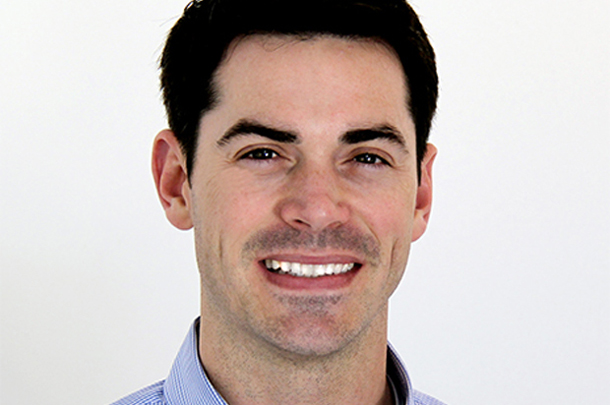Older people who have sleep problems found more relief from a mindful meditation program than from a conventional sleep education program, Keck Medicine of USC researchers have found.
In a clinical trial of 49 people in Los Angeles 55 and older, scientists from USC and UCLA discovered that participants in a group meditation program reported better results than those given behavioral sleep education. The research indicates that focusing attention and awareness on the present moment without judgment or reacting to thoughts — as taught through mindfulness meditation — has positive effects not just on sleep but on conditions that often result from poor sleep.
“We were surprised to find that the effect of mindfulness meditation on sleep quality was large and above and beyond the effect of the sleep hygiene education program,” said David S. Black, PhD, MPH, corresponding author of the study and assistant professor of preventive medicine at Keck School of Medicine of USC.
Black, director of the American Mindfulness Research Association, concludes that “mindfulness meditation appears to have clinical importance by serving to reduce sleep problems among the growing population of older adults.”
This effect on sleep appears to carry over into reducing daytime fatigue and lessening symptoms of depression. It is estimated that 50 percent of adults over age 55 will experience sleep disturbances, which include trouble falling asleep and waking in the middle of the night. According to the National Sleep Foundation, the sleep needs of older adults do not diminish with age, and many report dissatisfaction with their sleep and tiredness during the day.
Black’s team compared the Mindful Awareness Practice (MAPs) program at UCLA, a six-week, two-hour-a-week program introducing mindfulness meditation to participants, to a so-called sleep hygiene program that provided strategies such as relaxation before bedtime, monitoring of sleep behavior and not eating before sleeping. The research was conducted via self-reported surveys.
Black’s future research will focus on combining the two methods as a means of improving sleep.
The research team includes Gillian O’Reilly, a doctoral student in the Department of Preventive Medicine at the Keck School, and Richard Olmstead, PhD, Elizabeth Breen, PhD, and Michael R. Irwin, MD, all of UCLA.
The research was published online Feb. 16 in the Journal of the American Medical Association Internal Medicine. Funding was provided by the National Institutes of Health (NIH), National Institutes of Mental Health (NIMH), the UCLA Older Americans Independence Center, the Cousins Center for Psychimmunotherapy at UCLA, the Pettit Family Foundation and the Furlotti Family Foundation.
— Leslie Ridgeway


